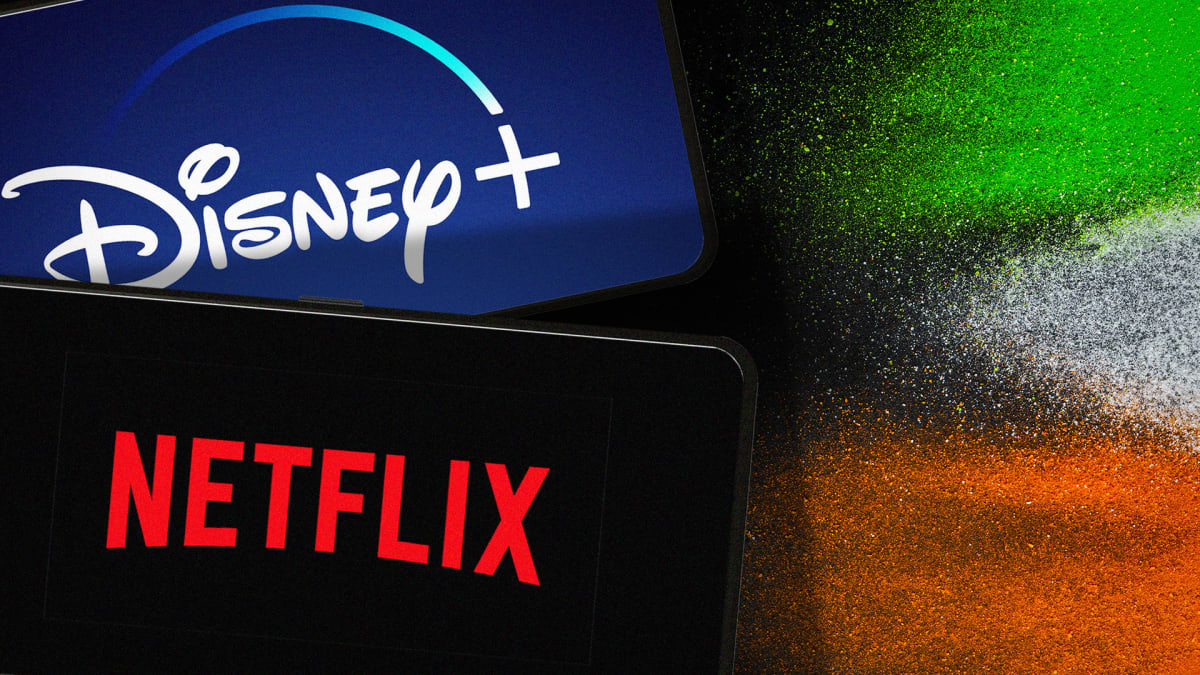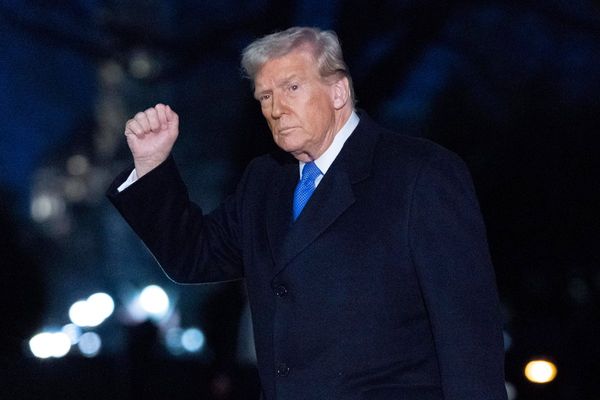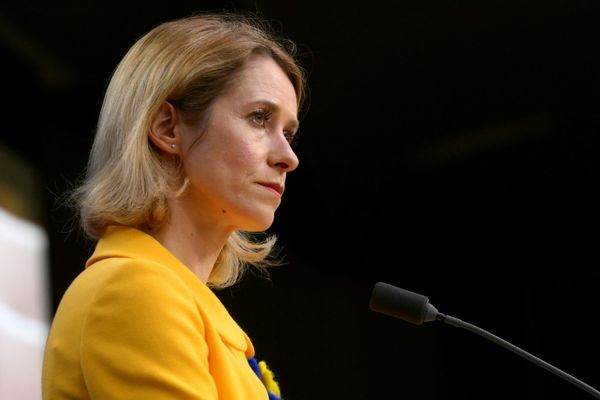
When Netflix (NFLX) began its move from mailing DVDs to offering streaming video, it had something no competitor offered. You could watch an array of movies and television shows on demand. That was something that previously was only possible if you bought a film or television series on DVD (or VHS).
The service at the time was revolutionary. Previously, television shows aired in reruns, but on a limited schedule. If you wanted to watch "Friends" or "Cheers," you were at the mercy of whatever channel had syndication rights to that show and, for the biggest hits, you might also get another set of planned showings on a cable channel like TBS.
At some point, the streaming company realized that as other companies entered streaming, the price and competition for archival content would go up (or that studios would want to keep shows for their own services). That's when Netflix pivoted to making its own original content, a move which led to the company having some big hits that it actually owns.
Now, Netflix is struggling, at least relative to its past success and instead of focusing on its content to drive subscriptions, the company has made another move that, for some reason, rival Walt Disney has decided to follow.

Disney
Disney and Netflix Confuse Value and Price
Disney has a huge archive of content that it owns. That's a major advantage over Netflix which has relied on licensed shows and creating originals from thin air, while Disney can base its shows on Marvel and Star Wars characters.
And while both companies are in the business of selling subscriptions, they seem to not be aware that value is relative. That makes it a very curious decision the Disney and Netflix have decided to offer a lower-priced ad supported version of their streaming service.
Disney CEO Bob Chapek talked about the service during his company's fourth-quarter earnings call.
"We are exactly one month from the U.S. launch of Disney+'s ad-supported subscription offering, which is a win for audiences, advertisers, and shareholders. The launch will bring fans a new slate of subscription plans across Disney+, Hulu, ESPN+, and the Disney Bundle, getting viewers flexibility in choosing an option that suits their needs," he said.
In theory, cheaper prices, mean more people can subscribe, but that's the opposite of how premium products generally work. Disney does not price its theme parks so the most people can go, it prices them to make the most money.
Netflix and Disney+ are premium services -- the iPhone or Teslas of the streaming space -- so offering them for less money actually cheapens their value.
Netflix Has a Content Problem (Disney Doesn't)
Netflix has stumbled when it comes to creating hit shows, so you can maybe argue that it's not quite as premium a service as it once was. If the goal is to be more mass market and less HBO in its heyday offering premiere content at a premium price, then maybe an ad-supported cheaper tier makes sense.
Disney, however, has no content concerns. It can mine its intellectual property (IP) for a seemingly endless series of new shows that fans will delight in. "Ms Marvel" may not be as big a hit as "The Falcon and the Winter Solider," but it's still a show most Marvel fans watched. The same could be said of "Andor" compared to "Obi-Wan Kenobi."
With these shows, Disney gives subscribers a theatrical experience at least once a week, along with the incredible archive. It's hard to argue that its Disney and Marvel shows are not big-screen quality and the company should be positioning its offering as the ultimate premium product.
Netflix may not actually be worth its subscription price right now due to its lack of ongoing hit shows. Disney+, however, would be a good value at twice its current price at least for fans of its biggest franchises (which have the deepest fan bases of any IP in the world).
Chapek does appear to understand the value of the Disney+ platform, but he's clearly not seeing its true value to customers.
"As we celebrate the three-year anniversary of Disney+ this week, I can't help but reflect upon how our commitment to and substantial investment in our DTC business has helped create the world's most powerful suite of streaming services with the ability to reach hundreds of millions of viewers around the world with must see content, services which aren't just content delivery systems but platforms that bring us closer to audiences than ever before and enable consumers to access more of The Walt Disney Company's total offering," he said.
If Disney (or Netflix) has must-see shows -- something we know Disney can deliver on in perpetuity -- then price does not matter. Apple doesn't discount its iPhones, and Tesla won't put its brand on a low-cost car. Under Armour nearly ruined its brand by discounting its core products which undercut the company's premium brand proposition. That's something Lululemon never does because people will pay for quality as long as it also comes with the perception being better.
Disney has the premium brand with shows people really want to see. Premium products cost more, not less, and Disney lowering its prices runs the risk of undercutting its perceived value.







